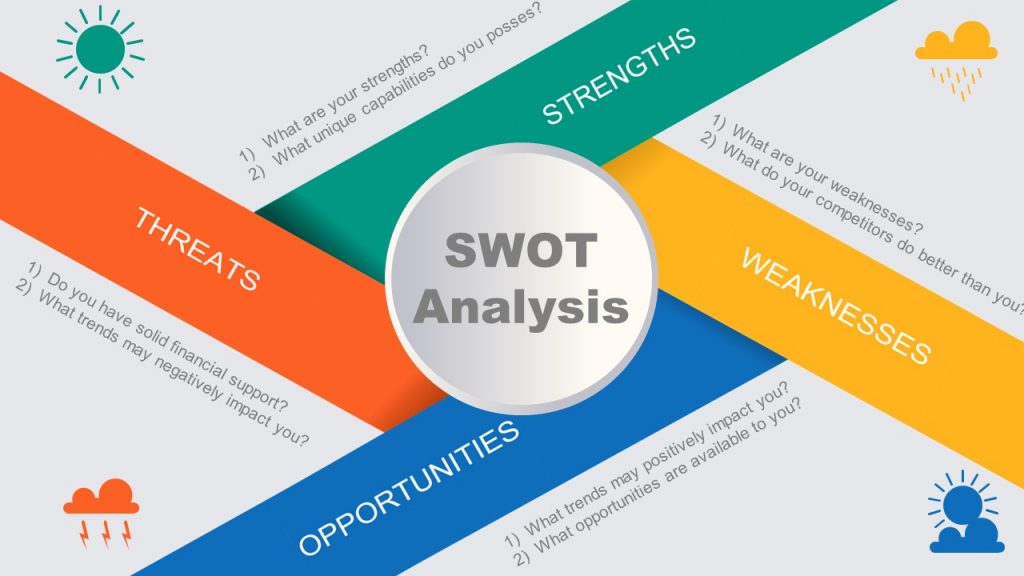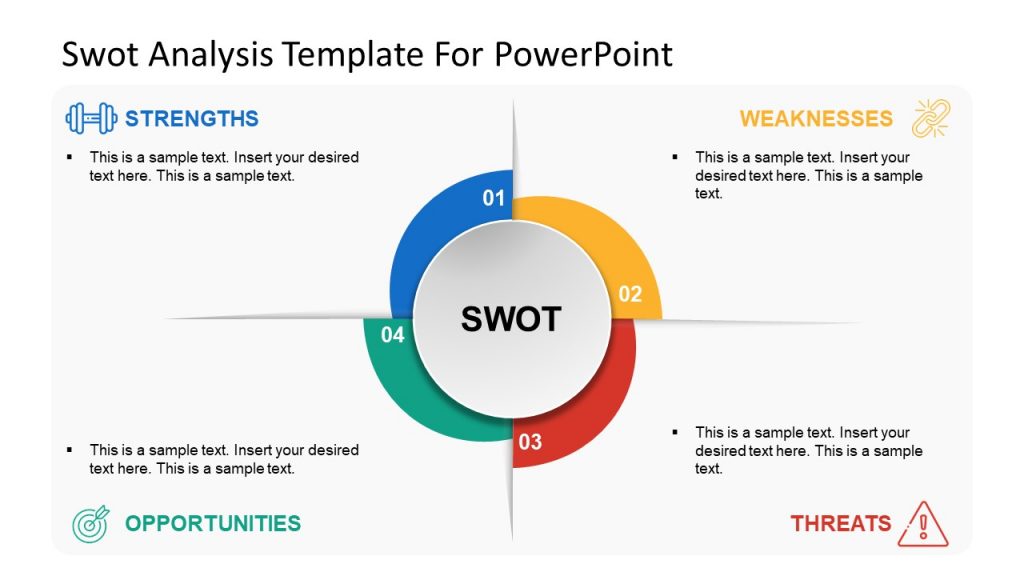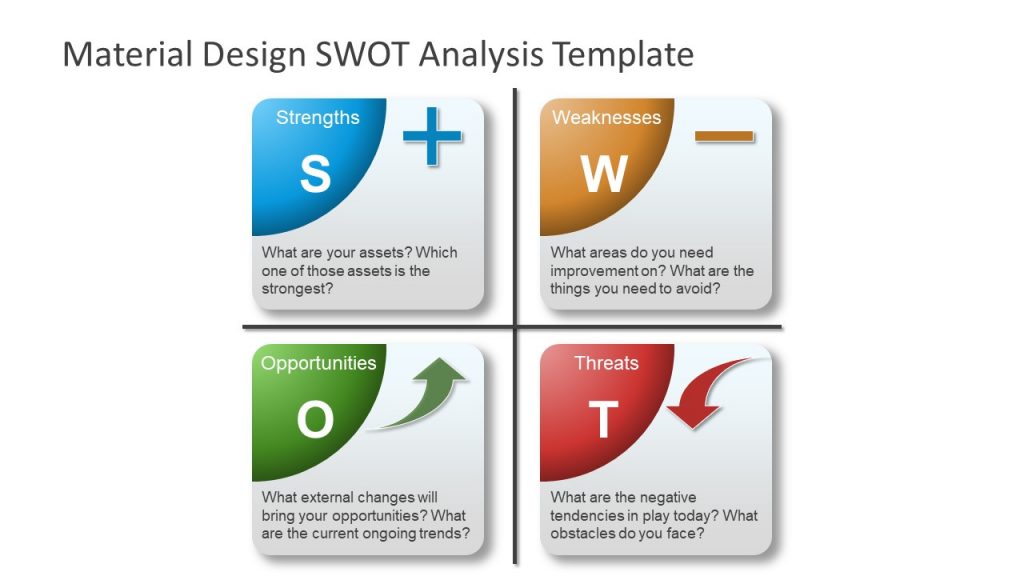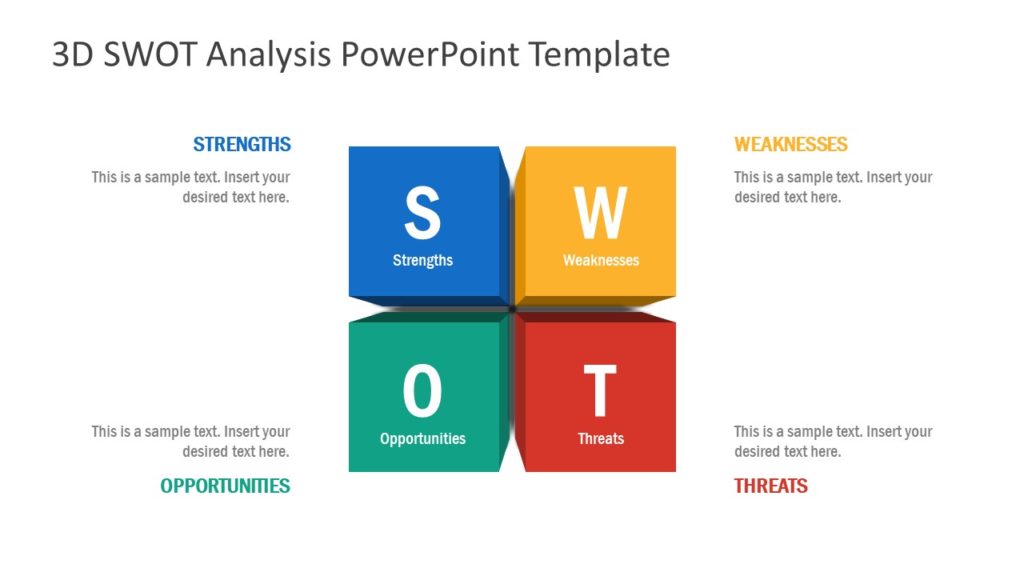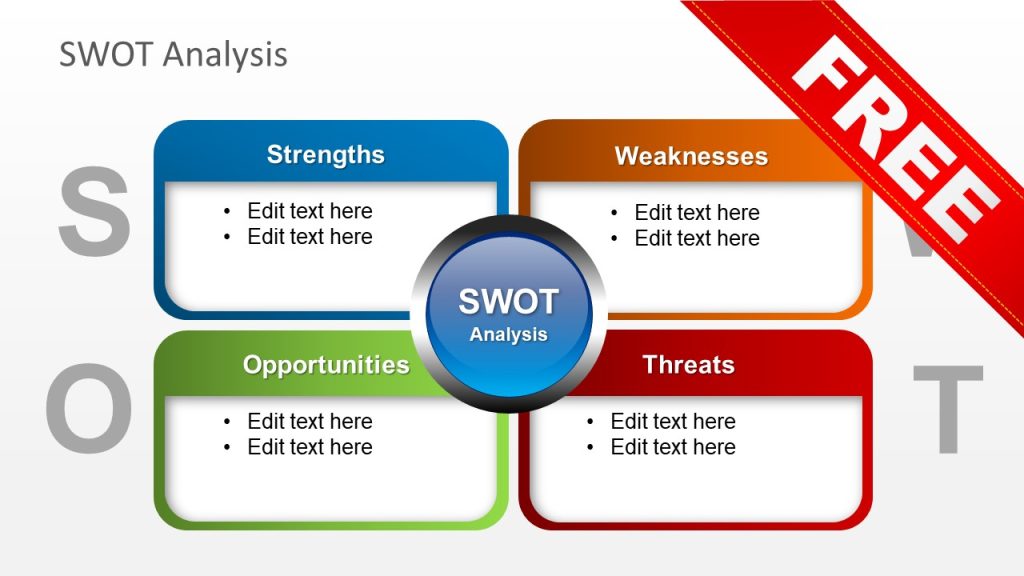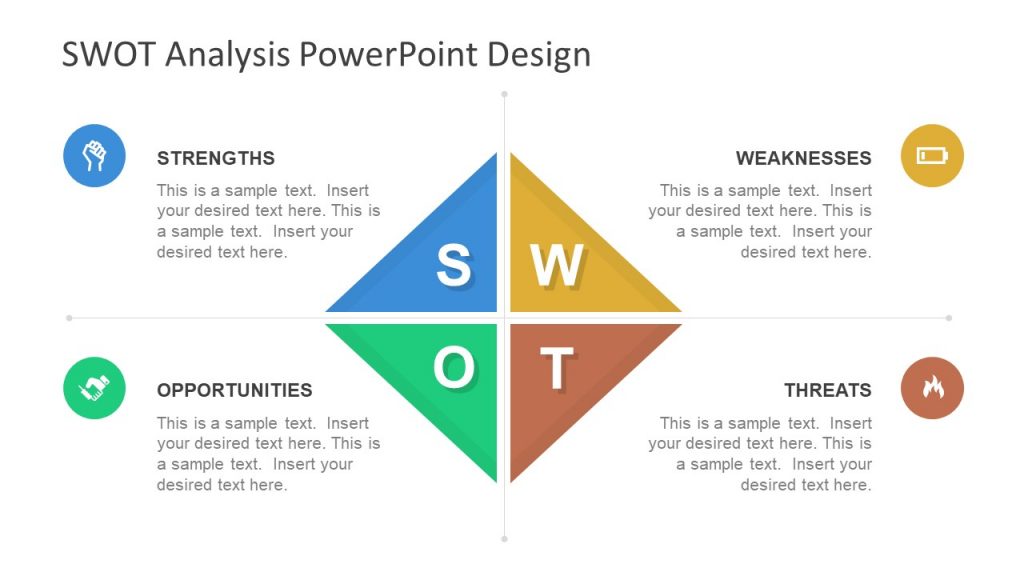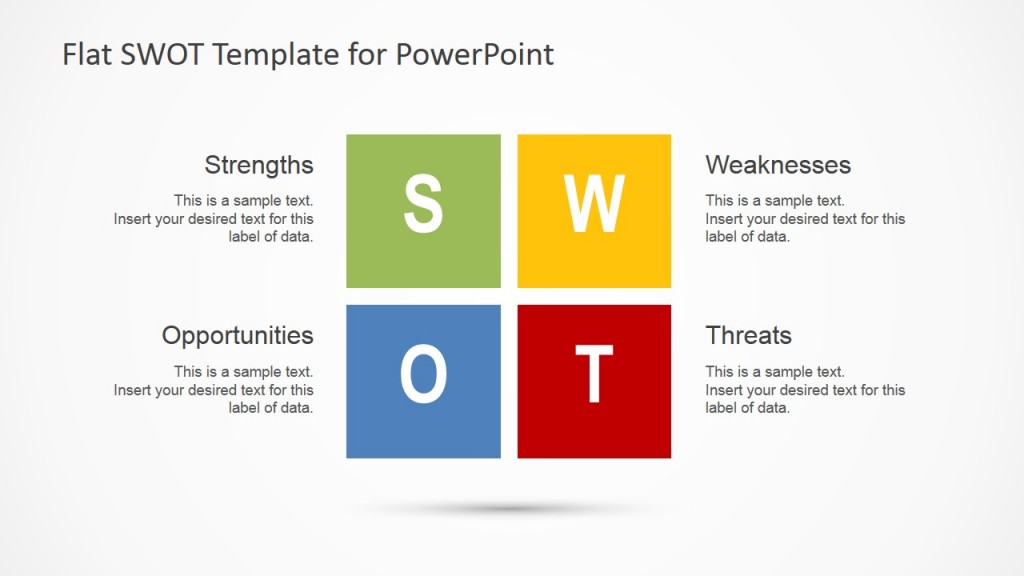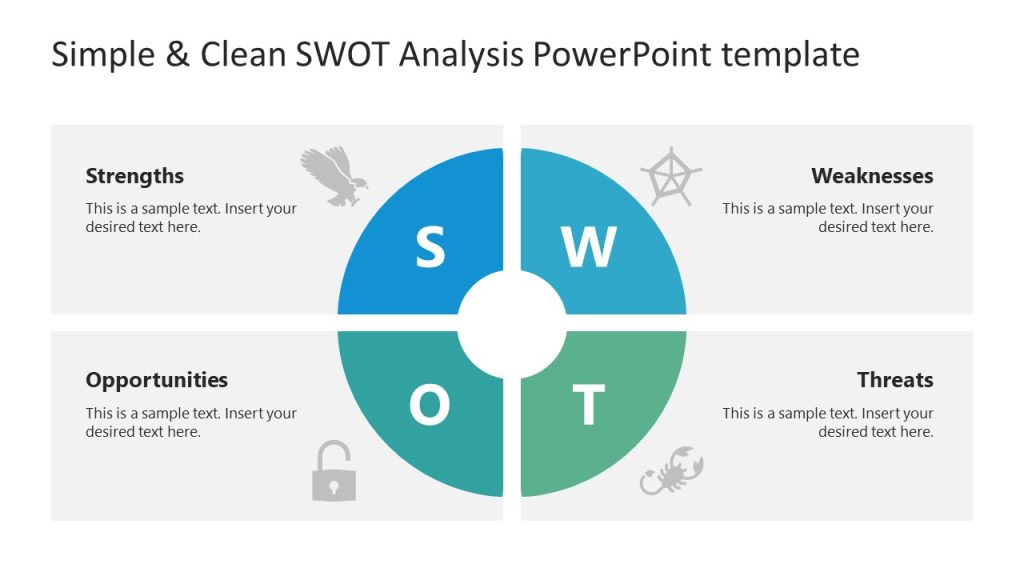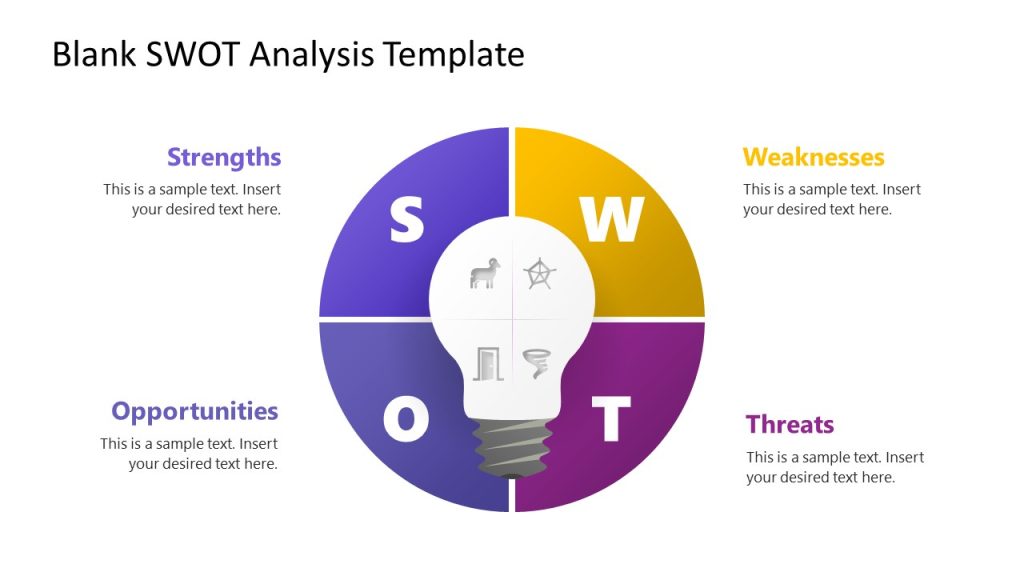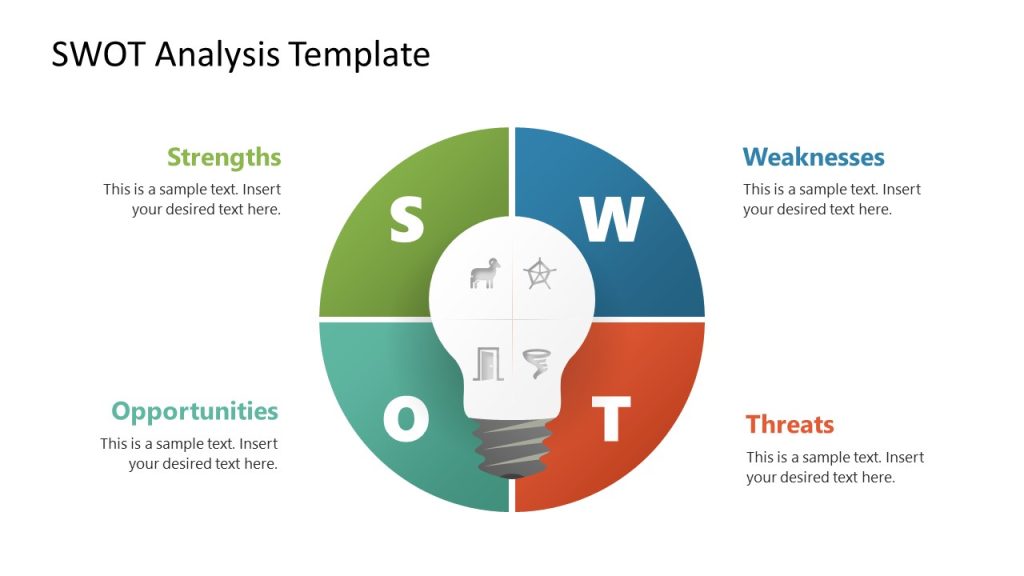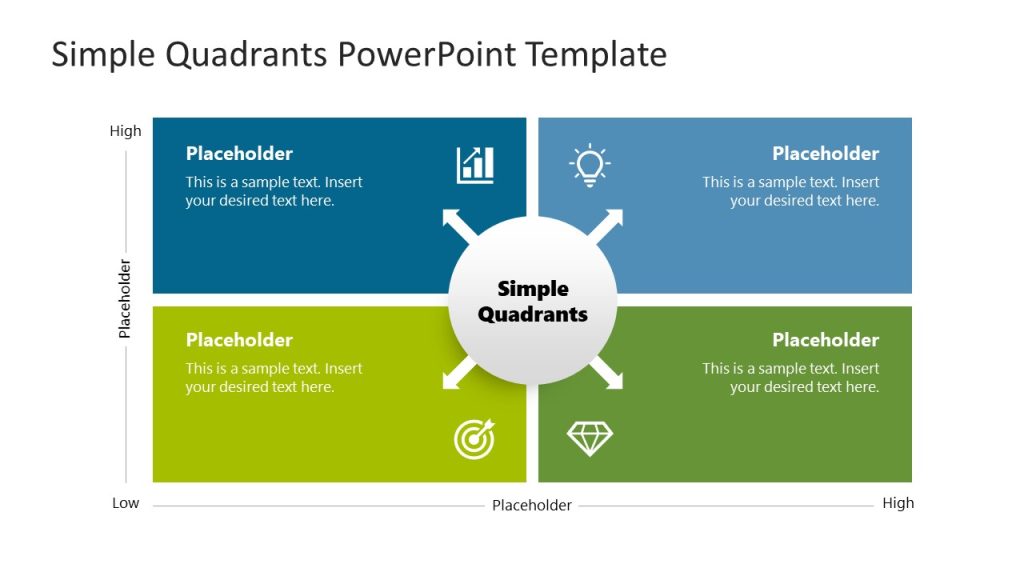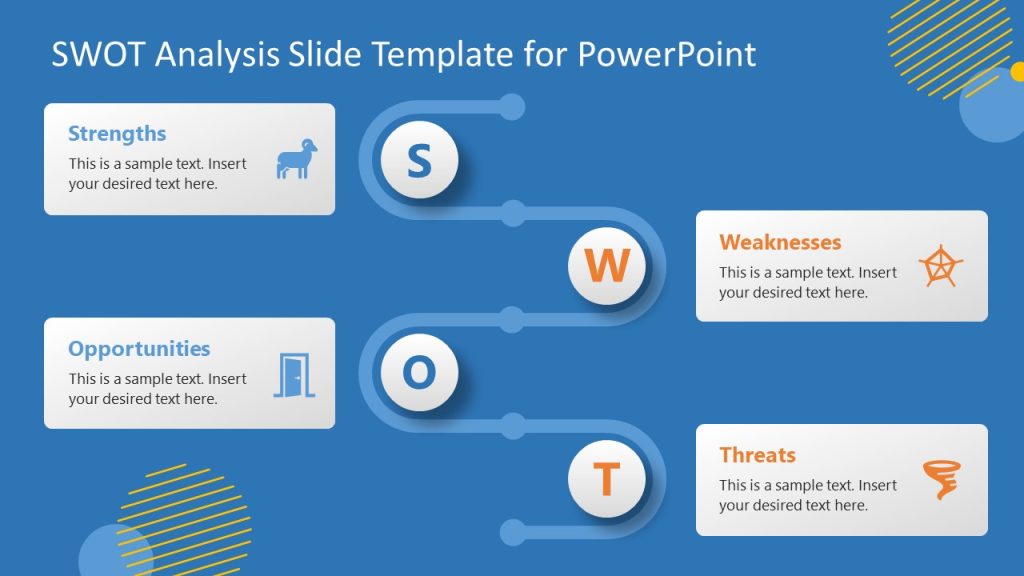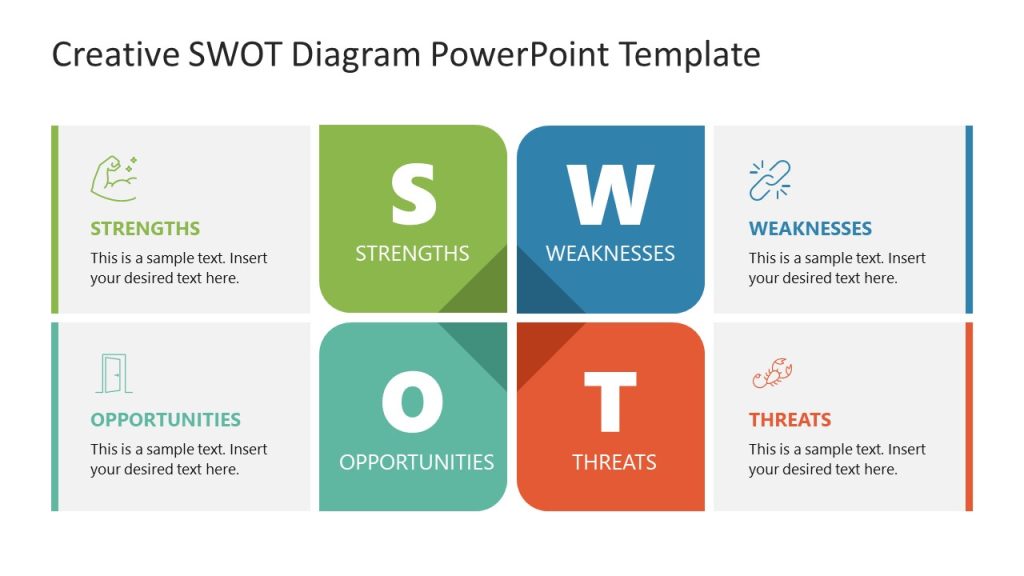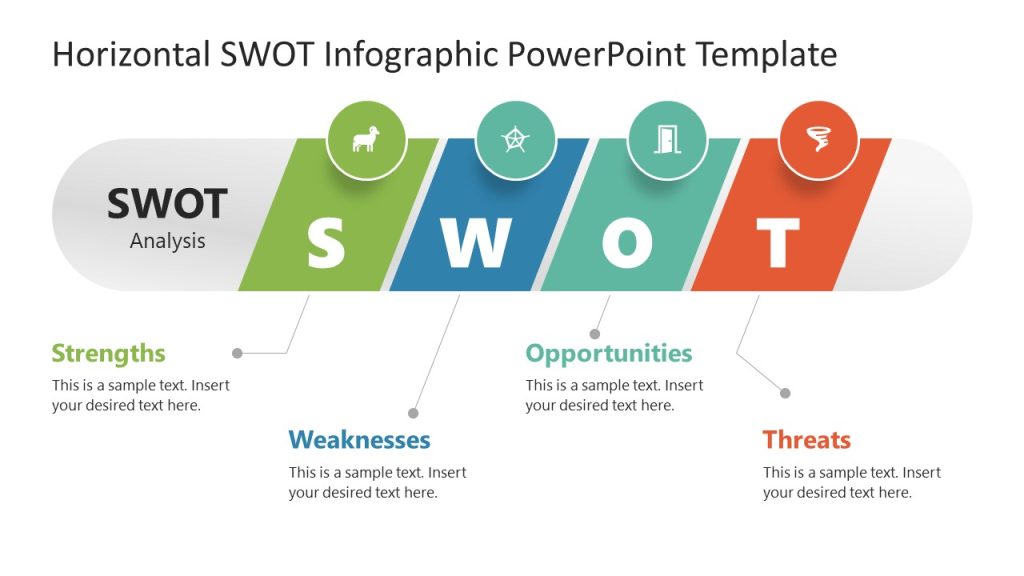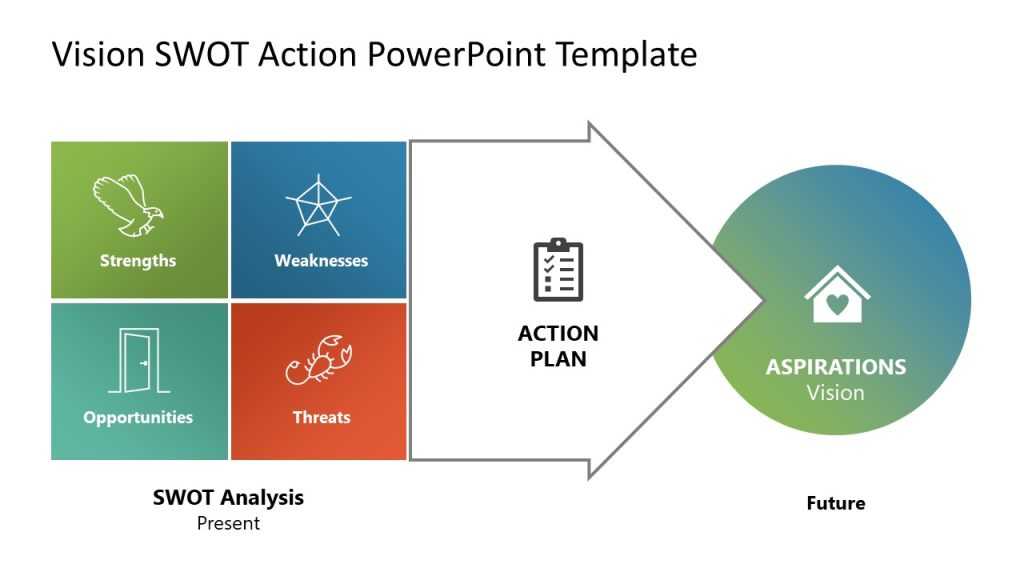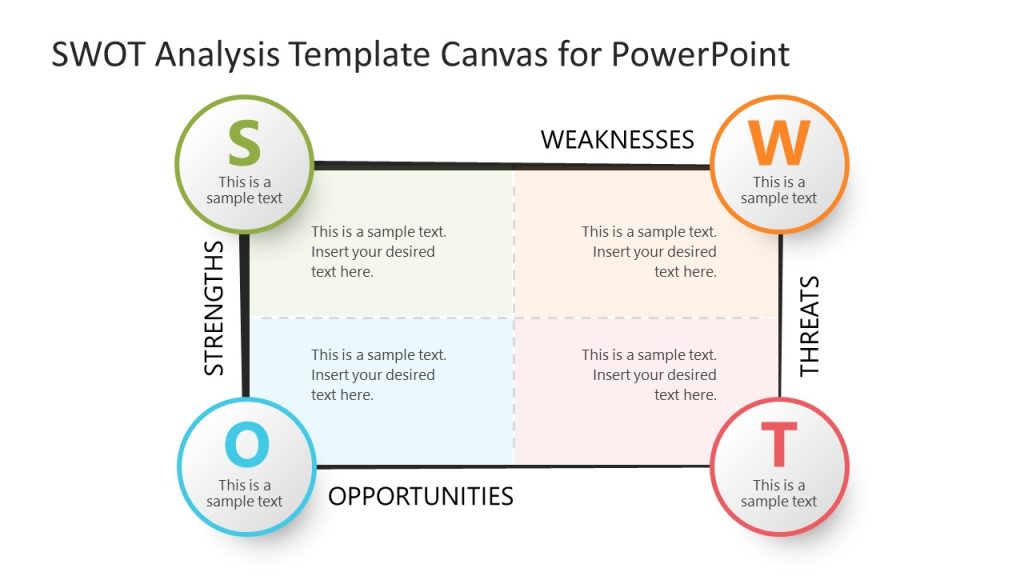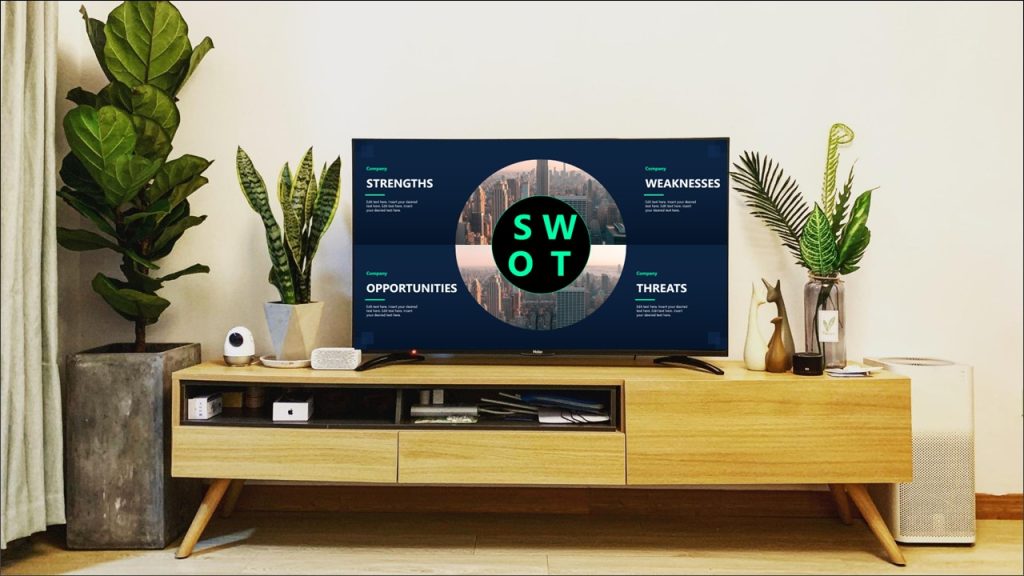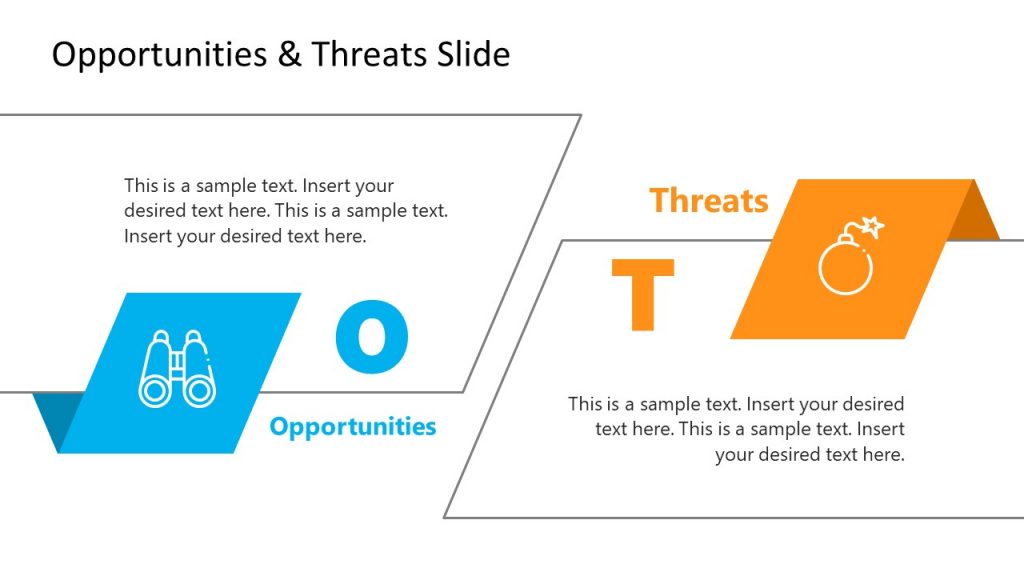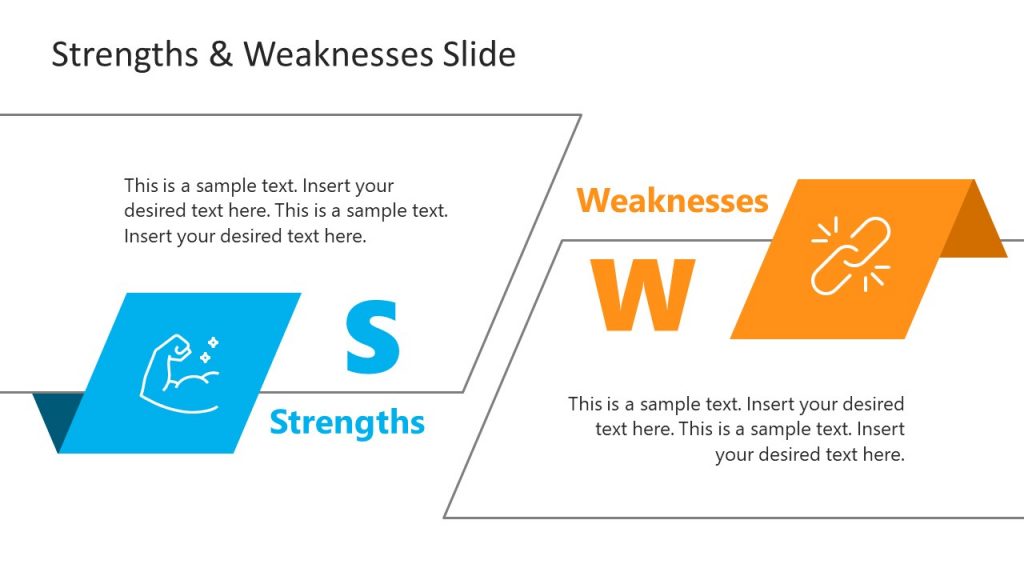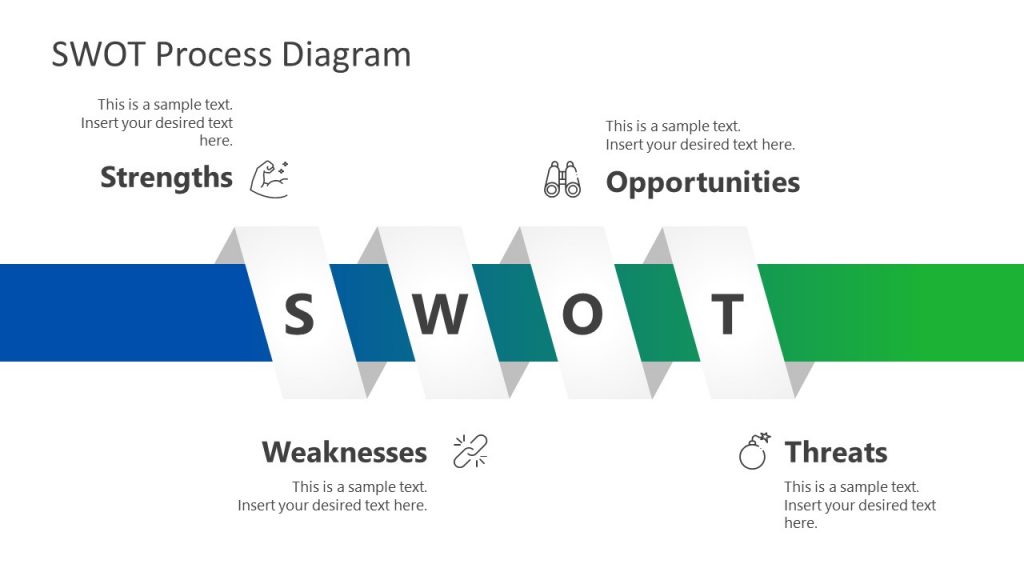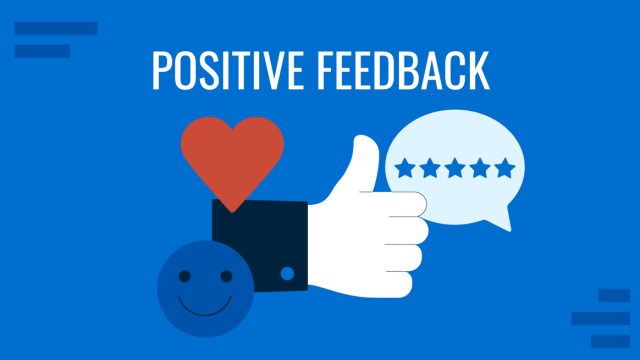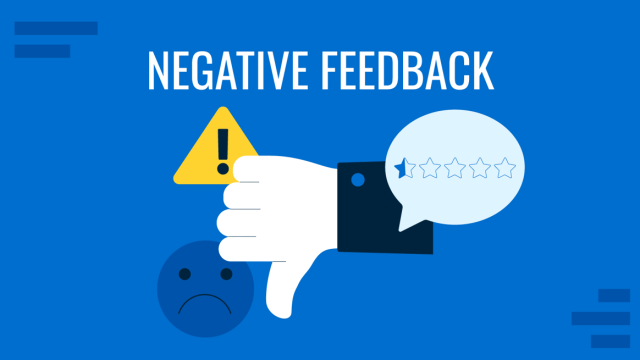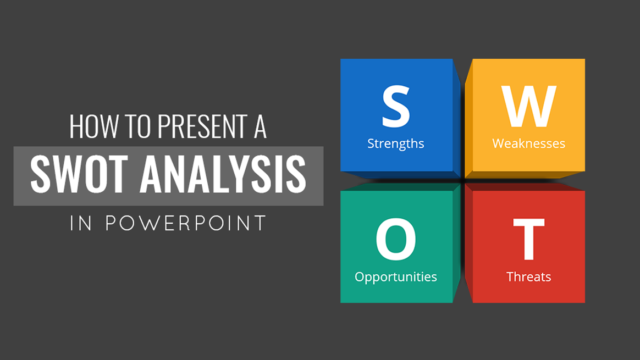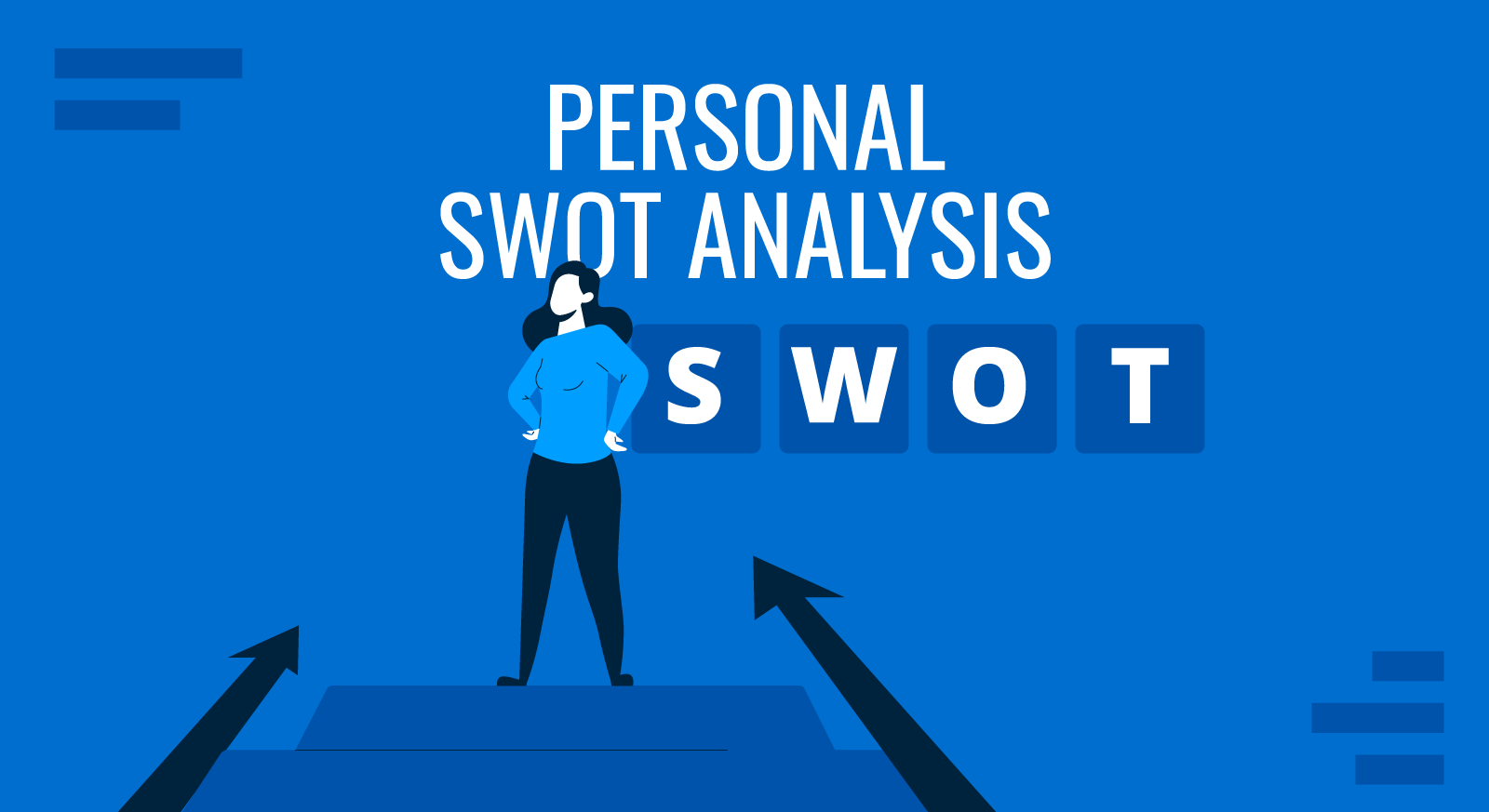
Job interviewers want to know what your weaknesses are. Your boss wants to know what plans you have for continuous improvement. And you want to know what threats to look out for that could stunt your growth.
If you identify with any of the previous statements, then it looks like a personal SWOT analysis might benefit you.
“A what?”, you ask. a Personal SWOT Analysis is powerful self-evaluation exercise. Let’s take a look at what Personal SWOT stands for and how you can leverage it for your personal life.
What Is a Personal SWOT Analysis?
A Personal SWOT analysis is an exercise in self-introspection to help you understand yourself and prepare for growth.
What Does SWOT Stand For?
SWOT stands for Strengths, Weaknesses, Opportunities, and Threats.
In order to make the most of a personal SWOT analysis, you’ll want to not only list out your strengths, weaknesses, opportunities, and threats, but expand upon them. The amount of introspection and analysis you conduct will depend on you, but some questions you can ask yourself include:
- Where does this [strength, weakness, opportunity, threat] come from?
- How does it affect me and my life?
- What am I going to do about it? What are the next steps?
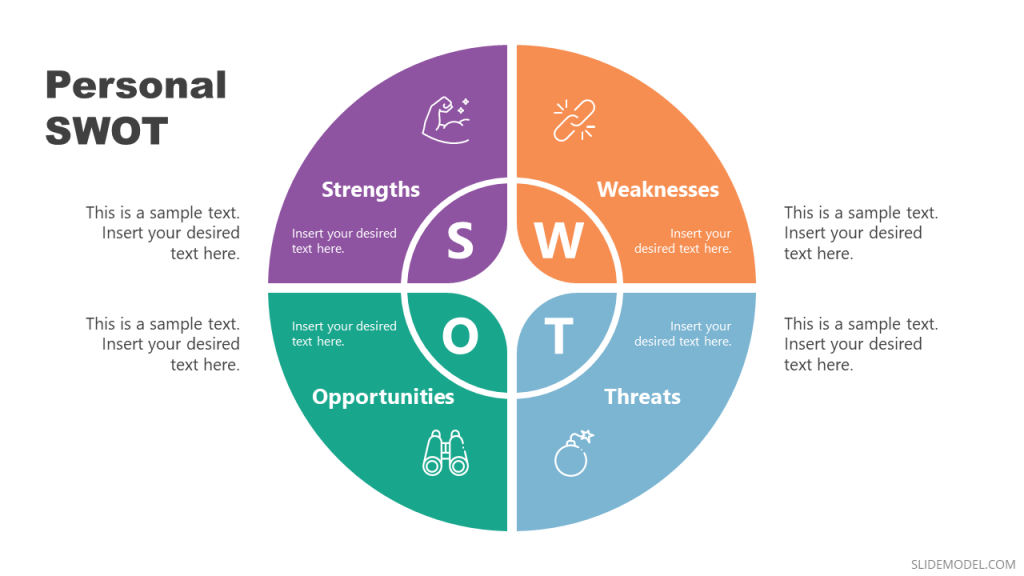
Business SWOT Analysis Versus Personal SWOT Analysis
You may have heard of, or even used a SWOT analysis in a business setting. It’s a common tool for teams to generate ideas and work on business strategies oriented around their competitive advantages, gaps, and value proposition. This analysis can also help teams and businesses to identify the external and internal factors that might affect future performance.
Personal SWOT analyses have the same idea, though rarely are they prepared with teamwork (unless you’re consulting with friends and family). A big difference between a business SWOT and a personal SWOT is that for a business, it will usually be focused on products, strategies, and action plans. Whereas, for a personal SWOT, you can also add soft skills, emotional components, and feelings.
Where these two perspectives align is with action. To make the most of a SWOT analysis (be it for personal analysis or for business purposes), you don’t just self-evaluate and mark it as “done”. Both businesses and individuals should use this evaluation to inspire action, decisions, and growth.
Benefits of Conducting a Personal SWOT Analysis
The biggest benefit to performing your own personal SWOT analysis is the structure it gives your self-evaluation. Individuals might think about what they’re good at or what’s getting in the way of their personal growth, at least once in a while. However, abstract introspection doesn’t help us create change. Action is built into the SWOT analysis in the opportunities section.
Secondly, the SWOT focuses on both positive and negative aspects. If you only focus on the good things, then you won’t have a clear direction of what to improve or what needs to change. However, if you only focus on your weaknesses and threats, you might get overwhelmed and disenhearted before you make it to your action plan.
Thirdly, the SWOT analysis focuses on internal characteristics and factors that affect your opportunities. You’ll always have much more control over internal factors compared to external ones.
When Should You Conduct a Personal SWOT Analysis?
While you may not actually need to make a SWOT analysis in preparation of a (Tinder?) date, there are plenty of situations in which this self-evaluation could prove helpful, especially concerning career growth, planning a career paths and self-development topics.
Preparing for a Job Interview
Interview prep is one of the most common uses for a personal SWOT analysis. This is especially true since one of the most famous (or infamous) interview questions is “What are your strengths and weaknesses?” A lot of people think it is hard to come up with a list of appropriate weaknesses for job interviews, but forget that it can actually be difficult to create a good list of strengths as well. This is where the SWOT analysis can help before your job interview presentation. In addition, generate a strategy based on a 30 60 90 Day Plan will help you to present a work plan and demonstrate proactivity in front of employers.
After College Graduation
We have so much structure when we’re in college, that it can be a shock to graduate and lose it all. There are so many decisions to make about career, living situation, relationships, goals, and even pastimes that many recent graduates feel lost and directionless.
If this is your case, try evaluation yourself through the personal SWOT analysis format to help you decide what you want to do, what you need to do, and what the next steps are. The mere fact of going through this analysis as an exercise for personal assessment, could illuminate several aspects related to your potential career.
When Deciding on a College Degree
There are lots of college degree options out there. For some, simply looking at their strengths and interests will be enough. For others, they’ll need something with a bit more structure to help them decide what degree is best for them. Not only can you make a personal SWOT analysis to help you decide what you would be best at, but you can use it to evaluate each prospective college degree as well.
During Job Self-Evaluations
Candidates in a job interview might have been asked to evaluate themselves at work before. It’s an uncomfortable experience, to say the least. Performing a personal SWOT analysis can both help you format your evaluation and impress your boss at the same time.
Whenever Your Life Needs a Change
There isn’t always a reason or trigger for self-evaluation. Sometimes we just want change. You may be feeling bored, stagnant, or even dissatisfied with your personal situation. Whatever the case, performing a personal SWOT analysis can help you figure out what needs to change and how to start changing it.
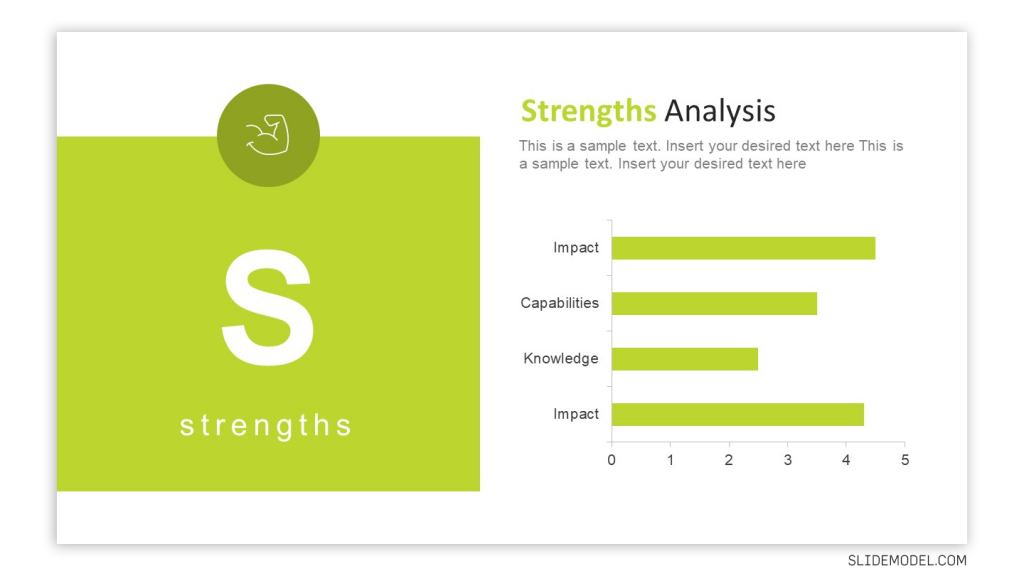
How to Make a Personal SWOT Analysis
Begin your SWOT analysis by choosing which of the four components to brainstorm first. We suggest starting with strengths or weaknesses.
If you’re having a hard time getting started, try using a personal SWOT analysis template like the self SWOT analysis PowerPoint template. Here’s a guide where you can see how to present a SWOT analysis template. Here we’ll give you some ideas and questions to ask yourself for each component, as well as some personal SWOT analysis examples.
Strengths Analysis
Your strengths should encompass both what you are good at generally and what makes you special. If you’re having a hard time thinking of your strengths, then turn to other people in your life. Here are some exercises and questions to help guide your brainstorming, and below we can see some examples of SWOT Analysis of yourself to grab the idea:
- What have been your biggest successes? (think school, sports, work, group project) What characteristics made those accomplishments possible?
- What tangible qualifications do you have? (certifications, degrees, education, training, internships, etc.)
- What projects have you worked on and completed? (whether in school, at work, or in your personal life)
- What values do you have that others might not have?
- What knowledge-based skills do you have? (languages, digital skills, software knowledge, and other technical skills)
- What soft-skills do you have? (teamwork, leadership, dependable, hardworking)
- What positive personality traits do you have? (friendly, funny, empathetic, enthusiastic, honest, patient)
- What do other people in your life say are your strengths? (friends, parents, coworkers, bosses, teachers)
Personal SWOT Strength Analysis Example
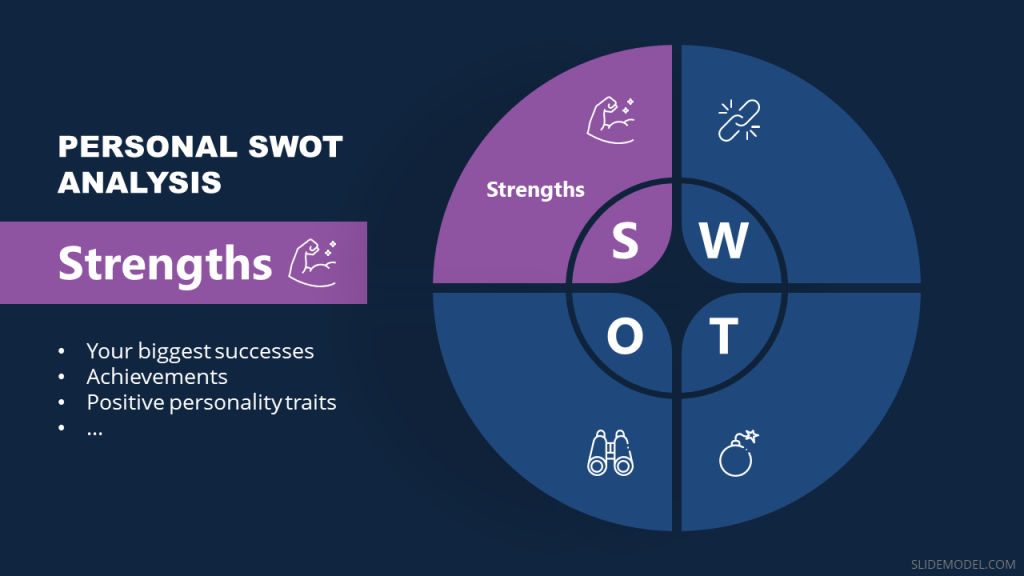
Example of Personal Strengths in SWOT Analysis
“I am a hardworking professional, an imaginative artist, and a compassionate person. I don’t get discouraged when something doesn’t work out, but look for solutions. I speak multiple languages. I can easily learn and understand technical concepts.”
- Creative
- Problem Solving
- Organized
- Optimistic
Weaknesses Analysis
Before starting on your weaknesses, keep in mind that the point of this exercise isn’t to feel bad about your problems, but to understand them so you can work on improving them. If you want to make this personal SWOT analysis as helpful as possible, you can also make notes of what you can do to work on these weaknesses in this same step.
Be honest. This isn’t necessarily the list you’re going to present to your boss or job recruiter. It’s for your eyes only. That being said, here are some prompts to get you thinking about what your weaknesses are in a constructive way:
- What times have you “messed up”? (school, work, relationships, with your family, etc.) What about you or what did you do to cause that issue?
- Are you missing any technical qualifications from your education or professional experience?
- What situations and tasks do you usually avoid? Why? What does this say about you as a person?
- What bad habits do you have?
- Have people ever complained about you? (Keep in mind that not all complaints are true reflections of a person) What have been the valid complaints?
- Think about things that aren’t necessarily weaknesses, but things that you could improve.
- What would others say you could improve?
Personal SWOT Weaknesses Analysis Example
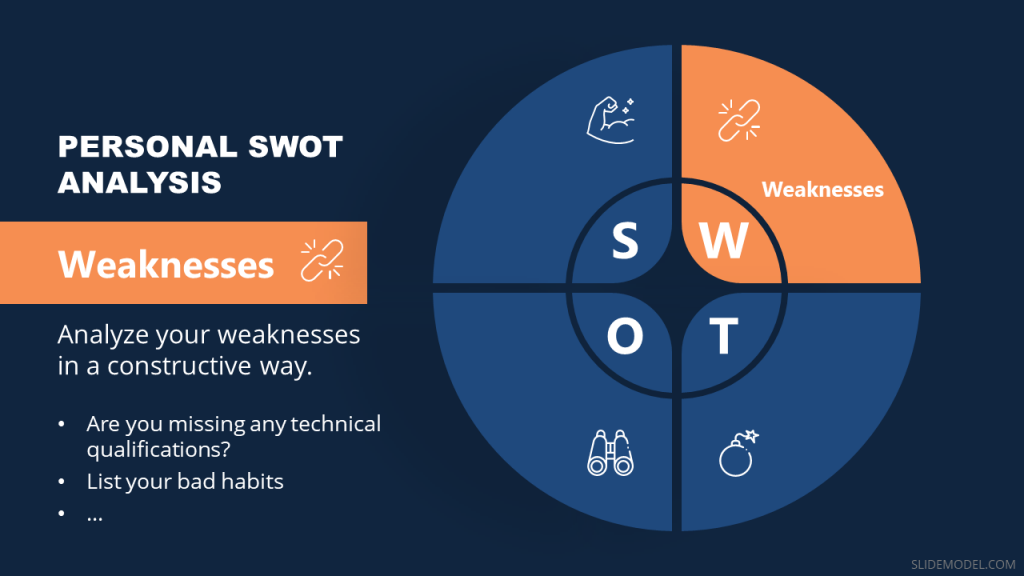
Example of Weaknesses Analysis:
“I need to improve my self control, especially when it comes to doing things that are necessary like budgeting or cleaning up after myself. I can be impatient and moody. My family says I’m messy.”
- Budget
- Don’t keep track of income and expenses well
- Follow-through
- Better at brainstorming than execution
- Expression
- Sometimes I don’t say what I want to
- Technical skills
- Have more artistic skills than technical
Opportunity Analysis
Your list of opportunities and potential opportunities will differ based on the reason you’re conducting the personal SWOT analysis. Here are some prompts broken down into three main categories of opportunities: work, education, and personal life
Work Opportunity Analysis
- If you’re looking for jobs: Look at job descriptions on LinkedIn or a career site. Look for jobs that call for skills that match the ones you put in your list. These could be opportunities for you.
- Are there any positions at your work that need filling? Are there any tasks that no one else likes to do or is able to do that you can do or learn to do?
- Is there a new project starting at work that you could join and contribute to?
- What potential could you have if you improved one or two of your weaknesses?
- What connections do you have that you can leverage to find work opportunities?
Education Opportunity Analysis
- Ask people you know who have had different jobs that you’re interested in what they studied and what characteristics they think people need for that job. If these match with your strengths, then they could be degree opportunities.
- What potential jobs could you get if you studied one degree or course compared to another?
- What kinds of courses have you been good at?
- Do you know people who have gone to any schools you’re interested in going to? Could they tell you about their experience or even get you into a meeting with someone who works there?
Personal Life Opportunity Analysis
- What activities or hobbies could you start doing or learn to do?
- Are there any groups you can join?
- What could you achieve in your personal life if you improved on some of your weaknesses?
Personal SWOT Opportunity Analysis Example
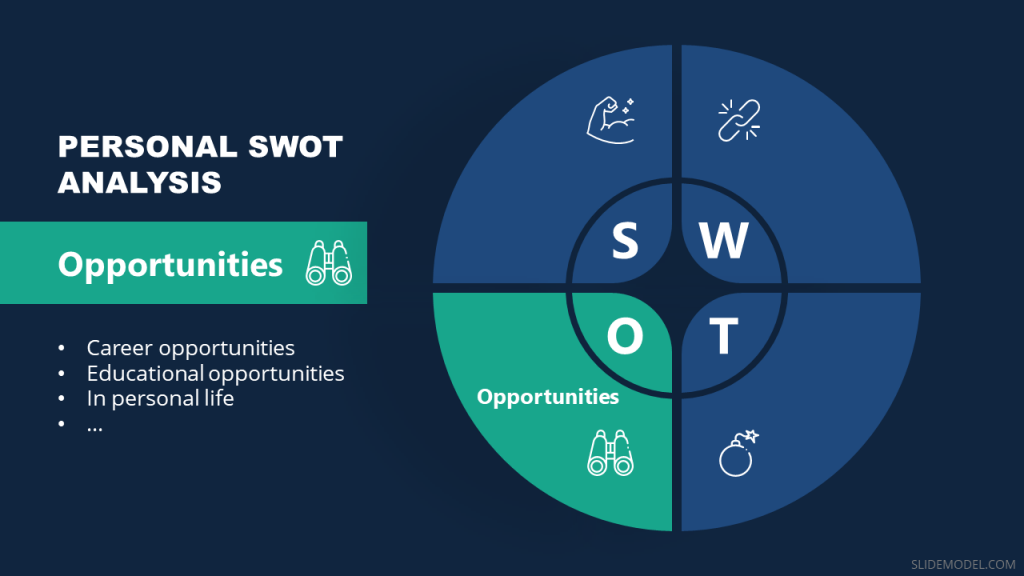
Here is where the opportunities are listed, when making a SWOT analysis of yourself. Let’s see some examples of Opportunities that could be added in a SWOT analysis of yourself.
- Work Opportunity: Jenny works at Microsoft and could get me into an interview.
- Work Opportunity: If I improve sales by 15% I can get a promotion.
- Education Opportunity: There’s a free online course for learning how to make a website.
- Education Opportunity: My highest grades in high school were in biology and physics. Could find success in a science degree.
- Personal Life Opportunity: A DnD group on the local Facebook page is looking for a new member.
- Personal Life Opportunity: The gallery downtown is offering watercolor classes.
Threat Analysis
What barriers or obstacles are keeping you from achieving your goals and dreams? These threats could come from people, organizations, policies, situations, or even yourself. Here is a list of questions to help you brainstorm the threats in your life:
- Is there someone in your life holding you back?
- Think about your weaknesses: Does anyone in your life exacerbate these weaknesses or encourage them?
- Are there any new trends, technologies, or processes that you can’t or haven’t gotten involved in that are keeping you from advancing?
- Are there certain tasks, errands, or projects that bog you down and keep you from advancing?
- Is your job, education, or personal life getting in the way of advancing in one of the other areas?
- Do any of your personal traits of weaknesses directly lead to a threat to your success?
- Think about things that, if they were different, would help you move closer to achieving your goals. What are they?
Personal SWOT Threat Analysis Example
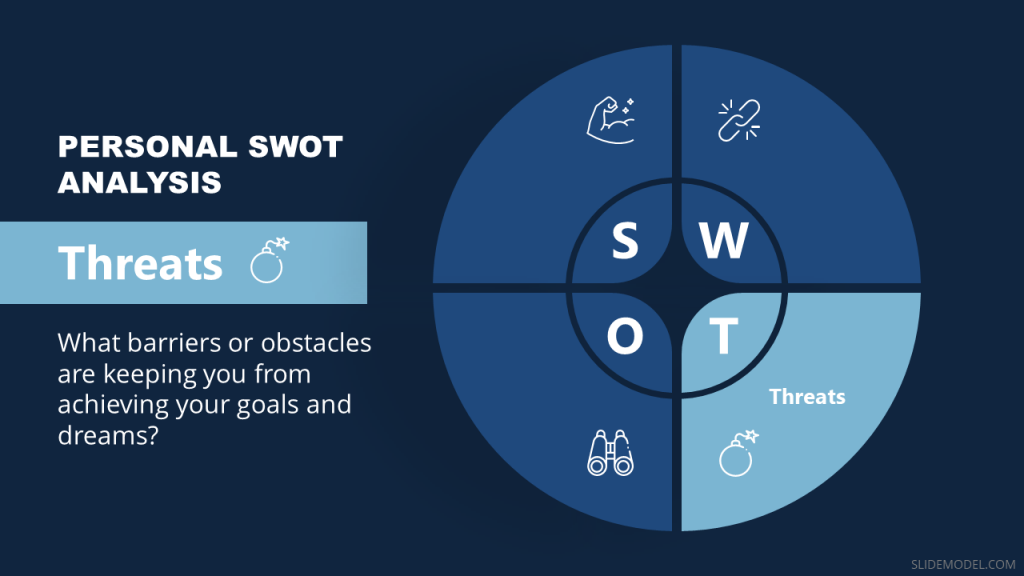
Example of Threats Analysis in Personal SWOT:
- Whenever I’m with my college friends, I’m tempted to spend more money.
- I lose motivation at work whenever I have to work on reports.
- Working from home at my family’s house is too distracting.
- My impatience often leads to difficulties with people.
Conclusion
Your Personal SWOT Analysis is as Simple or Complex as You Make It
You can spend hours brainstorming an exhaustive list of your strengths, weaknesses, opportunities, and threats and analyzing each thing you write down.
Or you can go with your gut and write down a quick list of the first things that come to your mind and avoid overthinking.
Both tactics can be useful. It all depends on your ultimate goal with the exercise. Do you want to know yourself better? Do you want to improve? Either way, the personal SWOT analysis can help you on your way.
Discover our wide variety of SWOT Analysis Templates and create your own in a professional way.
